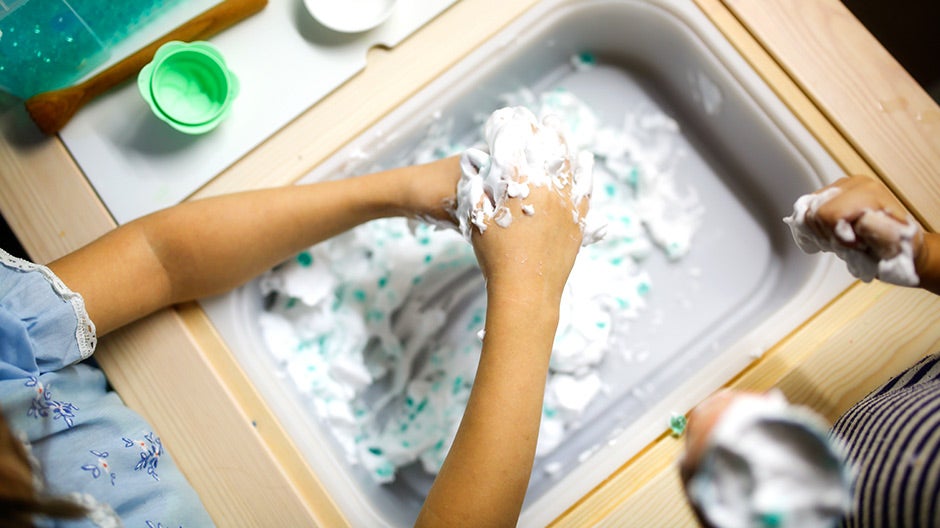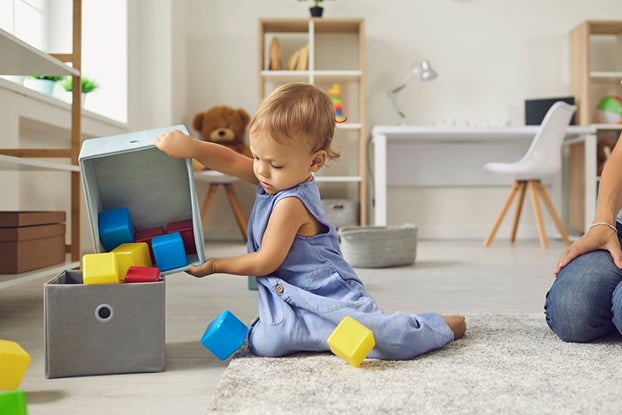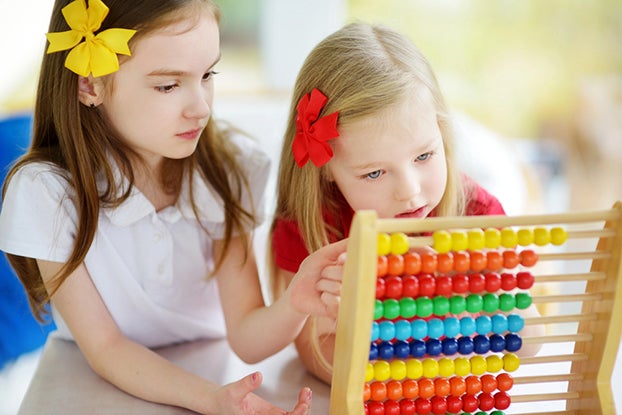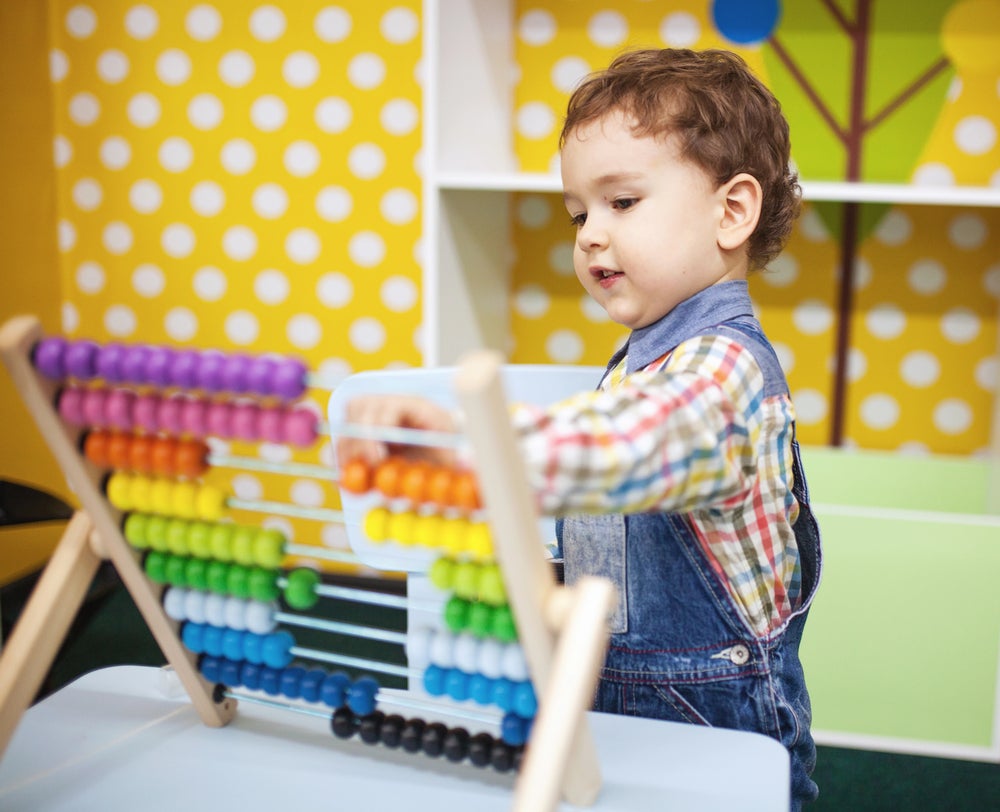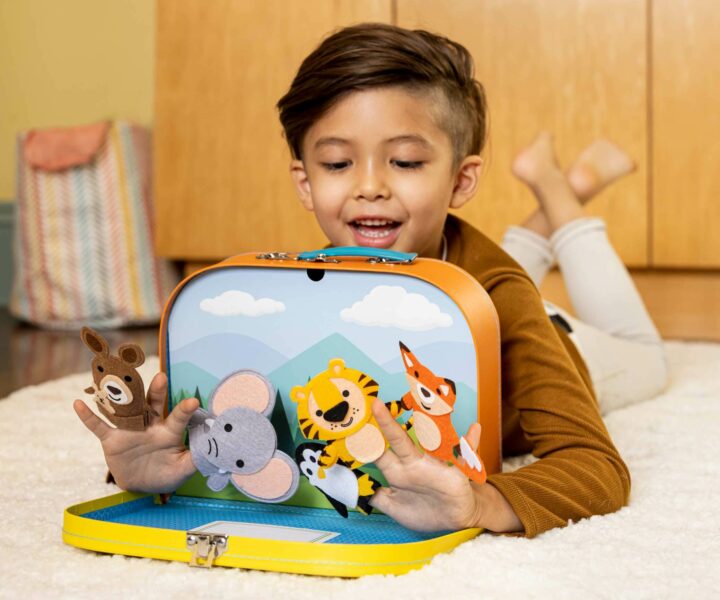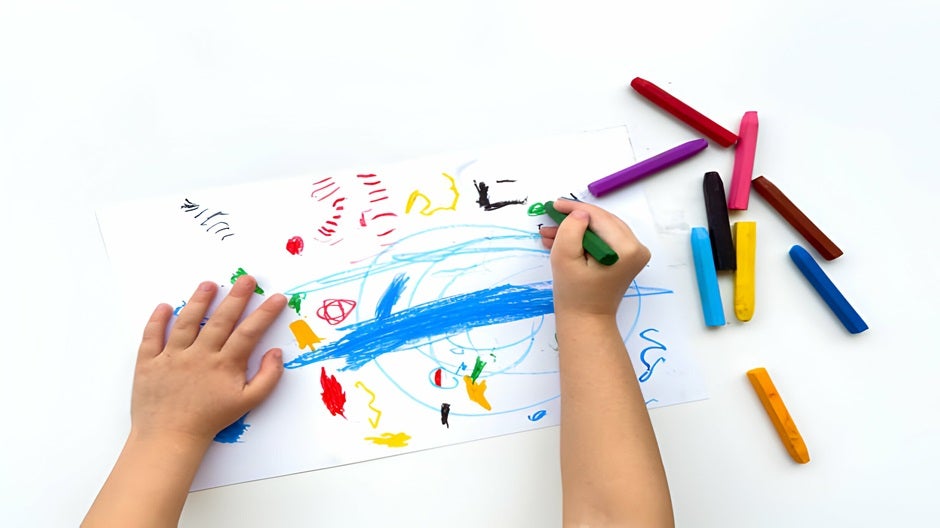Summer break is here — you survived the school year! But now that your children aren’t going to class each day, do you worry about them losing ground academically? If you’re concerned about the infamous “summer slide,” don’t panic. You can help your child stay ahead.
To keep your child’s brain engaged over the summer, let’s look more closely at what the summer slide is and why it happens. You’ll also find several tips to help your child avoid it.
What Is The Summer Slide?
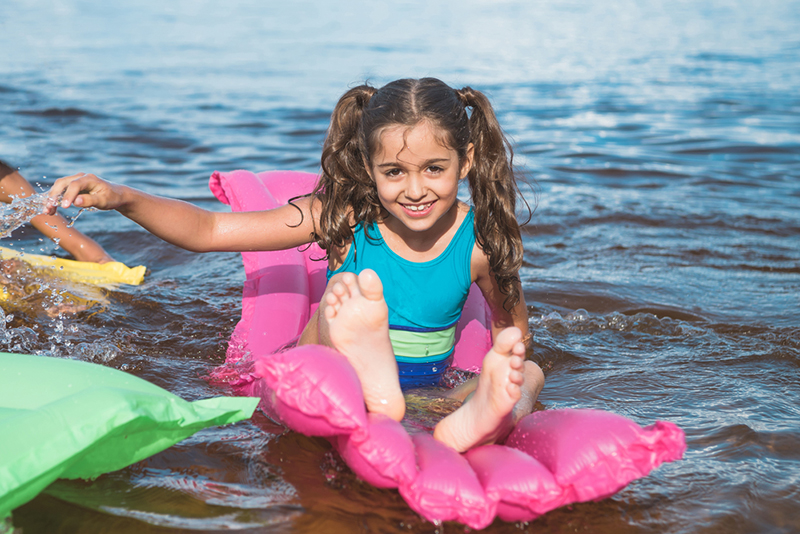
Your child’s been working hard all school year. They’ve made progress in reading, writing, and math. And now, everything is fresh in their mind.
But now summer break is here, and your child is no longer going to school each day. They don’t have homework or mandatory reading sheets to complete.
Without this structured learning, it’s very likely that your child is going to forget some of the material they already learned. Just as your child’s body needs exercise to stay healthy, their brain needs stimulation to maintain their academic skills and avoid the summer slide.
Which Kids Are At Risk For Summer Learning Loss?
The summer slide can happen to anyone. All children risk losing some knowledge between the end of one school year and the beginning of the next. However, some students face a higher risk of summer learning loss.
Those who have a hard time learning in school are more likely to lose knowledge over the summer. Children with learning differences also have a higher risk of losing important skills.
In addition, children who don’t get a lot of opportunities to engage in interesting and challenging activities at home may experience some learning loss over the summer break.
But no matter your child’s circumstances, the summer slide is not inevitable. You can take some steps to help them overcome the odds and continue to make academic gains between June and August.
How To Help Your Kids Beat The Summer Slide

Now that you know what the summer slide is and why it happens, it’s time to look at ways you can help your child avoid this phenomenon.
And remember, keeping your child’s brain engaged doesn’t mean making them sit at the table and do worksheets. You can encourage learning in so many ways! Let’s take a look.
1) Go To The Library
The library is a great place to beat the summer slide. Your local public or school library may have free educational programs over the summer months, such as reading clubs and writing workshops.
Many libraries also offer books and other materials appropriate for children of all ages and skill levels. These can help your child engage in learning activities and maintain their academic skills over the summer.
If your local library is too far away to visit regularly, see what digital resources are available. Many branches now have e-book lending and online databases that you can access for free.
Some even have audiobooks you can download directly onto your devices. While listening to a book isn’t quite the same as reading it for yourself, it’s still a great way to keep your child’s brain engaged while you go about your day.
They can listen on long car rides, while you make dinner together, or even while they’re sitting in a book nook!
2) Have Daily Family Reading Time

Kids mimic their parents. Things that are important to you tend to be important to your children. That’s why it’s crucial for your child to see you read and for you to read together.
To ensure this happens regularly, incorporate daily family reading time over the summer. Have everyone gather around while you read aloud a picture book or a chapter from a longer book.
If your children are independent readers, you can also make this a time when everyone reads their own book. Set a timer for 15 minutes and have everyone read until it beeps. Then, ask each person to share something about what they read.
3) Play Learning Games
Playing learning games with your child can also help them beat the summer slide. When your child plays games, they’re practicing essential social-emotional skills, such as communication, problem-solving, and taking turns.
Depending on which game they’re playing, your child is also working on academic skills. Games such as Scrabble Jr. or Boggle Jr. can help your child practice spelling and reading. Candy Land and Count Your Chickens are fun options to reinforce basic math skills.
A game doesn’t need to have cards and a board to be educational. Some active games encourage your child to move while learning. Simon Says is a classic example. As they play, your child has to remember and follow directions.
Other games, such as I Spy, help improve observational skills. You can also create a story box with simple items from around the house or set up a simple letter toss game with post-it notes. There are lots of options, so feel free to mix things up!
To help your child avoid the summer slide, make games a regular activity over the summer. Perhaps you could play a game every day after lunch or have a family game night each Friday evening. This way, your child can practice these skills frequently.
4) Use Screens Intentionally To Avoid The Summer Slide

Screen time isn’t always a bad thing. When used intentionally, screens can be a great way to help your child preserve their knowledge all summer long.
Look for apps that’ll encourage focused learning, such as the HOMER app. As your child plays, they’ll be working on a personalized learning journey to help them make progress during the summer.
This app utilizes the powerful HOMER method to help them make gains in reading, math, and other important areas.
5) Start A Family Learning Project
Your child doesn’t have to learn alone. As a family, you can focus on learning together throughout the summer.
For example, pick a topic to learn about each month. Perhaps you’ll study a particular animal together or a favorite sport. Once you have your topic, make it a point to learn three new facts about that subject each week.
By the last week of the month, you’ll have several facts. Then, you can put all of that information together in a homemade book.
Give it a title and ask your child to create a cover. As you compile the pages, let your child illustrate each one, and then bind them together with a stapler or yarn.
If making a book isn’t a good fit for your family, try a different type of family learning project. For example, if you’re heading out on a trip, pick up a notebook to use as a journal.
Each evening of your trip, have every person write a sentence or two about the day. You can even draw pictures to illustrate what happened! Journaling is an excellent way to practice social-emotional learning because it helps your child put their thoughts into words.
Summer is also the perfect time to learn a new skill. Work with your child to build a birdhouse, learn how to make tied blankets, or complete an online art class.
By regularly working on projects like these with the whole family, kids come to accept learning as a natural part of life.
6) Give Your Child Free Time
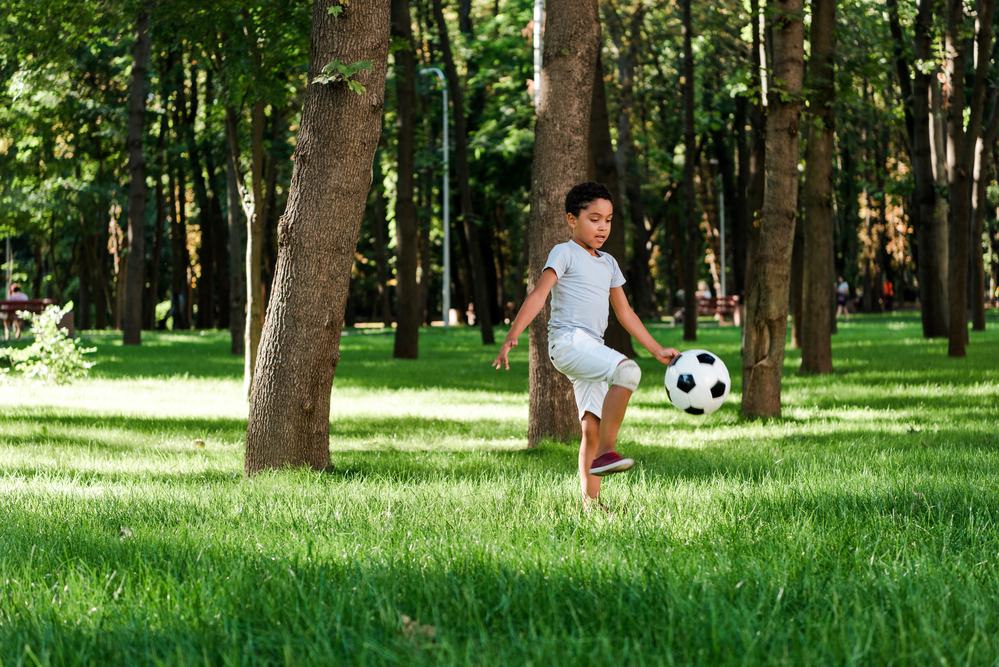
It might sound counterintuitive, but one way to help your child avoid the summer slide is by giving them some free time to play.
Kids learn through play. Unstructured playtime gives them a chance to be creative and use their imagination. It also allows them to work on social skills if they’re able to interact with others.
During free play, your child could develop a solution to a problem they’re having. They might also invent a game or story that keeps their brain engaged and active throughout the summer months.
7) Do Some Experiments
Kids love experiments! They’re a fun way to help children avoid the summer slide. You can do all kinds of simple experiments at home with items you likely have on hand.
For example, you could fill a jar with water and food coloring. Then, watch as the colors mix together. You could also use a few pennies, a bottle of water, and some vinegar to create a simple chemical reaction.
Before each experiment, have your child make a hypothesis. Explain what you’re going to do, and ask them to predict what will happen. This simple step helps them start thinking like a scientist.
You can also have your child draw pictures of each step of the process. Collect their papers after each experiment. Then, at the end of summer, you can put them together into a Summer Science Book.
Short on ideas? Check with your local library for a simple book of science experiments. Your librarian will be happy to help!
Stop The Summer Slide

Summer is a wonderful time to sharpen academic skills in ways that are playful, fun, and engaging. Games, crafts, exploring the world, time for play, and intentional screen time (such as using the HOMER app) can make summertime a super time for learning.
With the above activities and ideas, you can help your child beat the summer slide while enjoying their summer!

